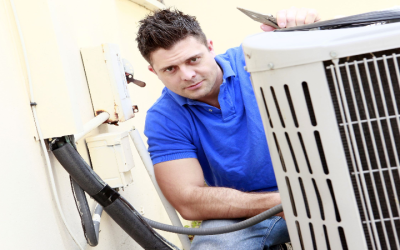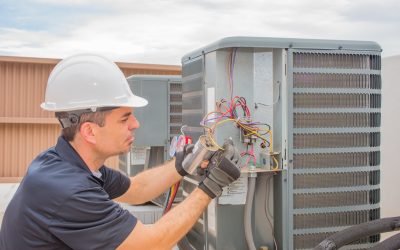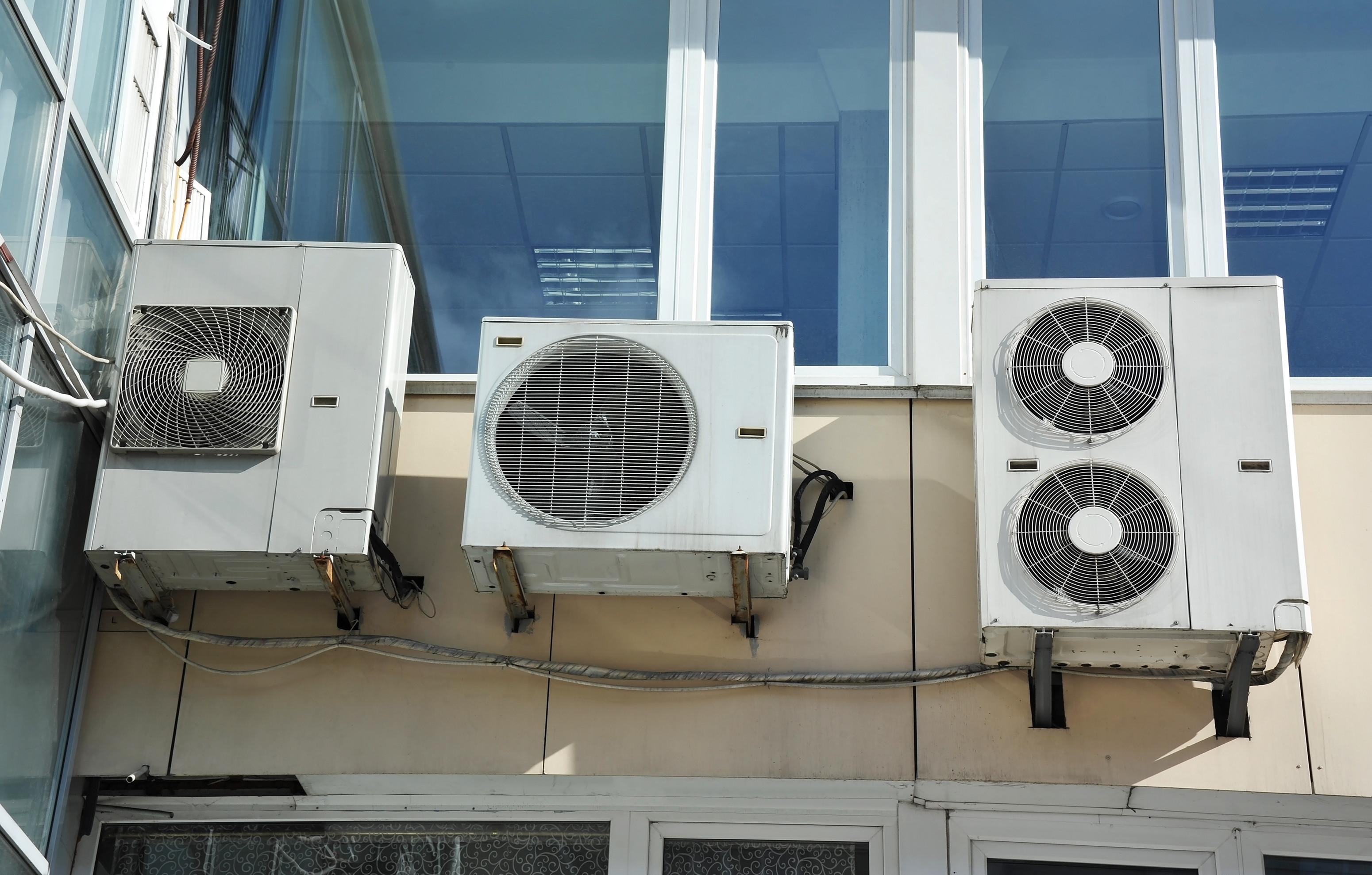In the heart of the Midwest, where summers can be sweltering, having a reliable and efficient home cooling system is essential. For residents of Omaha, Nebraska, understanding the intricacies of HVAC systems is crucial for maintaining comfort and energy efficiency. This guide delves into key aspects of HVAC Omaha NE, offering insights into how homeowners can optimize their cooling solutions.
Understanding HVAC Systems
HVAC, an acronym for Heating, Ventilation, and Air Conditioning, plays a vital role in regulating indoor temperatures and air quality. In Omaha, where summer temperatures often exceed 90°F, having an efficient cooling system is not just a luxury but a necessity. Here are some essential components and considerations for an effective HVAC system:
• Air Conditioners: Central air conditioning systems are popular in Omaha homes due to their ability to cool entire houses efficiently. These systems work by removing heat from indoor air and expelling it outside, thereby lowering the indoor temperature.
• Thermostats: Modern thermostats, especially smart thermostats, allow homeowners to control their HVAC systems remotely. This technology not only enhances convenience but also contributes to energy savings by optimizing usage.
• Ductwork: Properly installed and maintained ductwork ensures that cooled air is distributed evenly throughout the home. Leaky ducts can lead to significant energy loss, so regular inspections are recommended.
Energy Efficiency Tips
Improving the energy efficiency of your HVAC system can lead to substantial savings on utility bills while also benefiting the environment. Here are some practical tips to enhance efficiency:
• Regular Maintenance: Scheduling annual maintenance checks can prevent minor issues from becoming costly repairs. This includes cleaning or replacing air filters, inspecting ductwork, and checking refrigerant levels.
• Seal and Insulate: Ensure that your home is well-insulated and that all windows and doors are sealed properly. This prevents cool air from escaping and reduces the workload on your HVAC system.
• Programmable Thermostats: Utilize a programmable thermostat to set different temperatures for various times of the day. This helps in reducing energy consumption when the house is unoccupied.
• Upgrade Equipment: Consider upgrading to newer, more energy-efficient models if your HVAC system is over a decade old. Newer models often come with advanced features that significantly reduce energy usage.
For more detailed information on HVAC Omaha NE, you can visit this resource.
Choosing the Right HVAC System
Selecting the right HVAC system is crucial for ensuring both comfort and efficiency. Here are some factors to consider:
• Size of the Home: The size and layout of your home will determine the capacity of the HVAC system you need. An undersized unit will struggle to cool your home, while an oversized unit will cycle on and off too frequently, wasting energy.
• Climate Considerations: Omaha’s climate requires a robust cooling system that can handle high temperatures and humidity levels during summer months.
• Budget and Cost: While initial costs are important, also consider the long-term operational costs. Energy-efficient models may have a higher upfront cost but can save money in the long run through lower utility bills.
In Omaha, where summer heat can be intense, having an efficient HVAC system is essential for maintaining a comfortable living environment. By understanding the components of an HVAC system, implementing energy-saving strategies, and choosing the right equipment, homeowners can ensure their homes remain cool and energy-efficient. Regular maintenance and smart upgrades can further enhance the performance and longevity of your system, making it a wise investment for any Omaha household.


